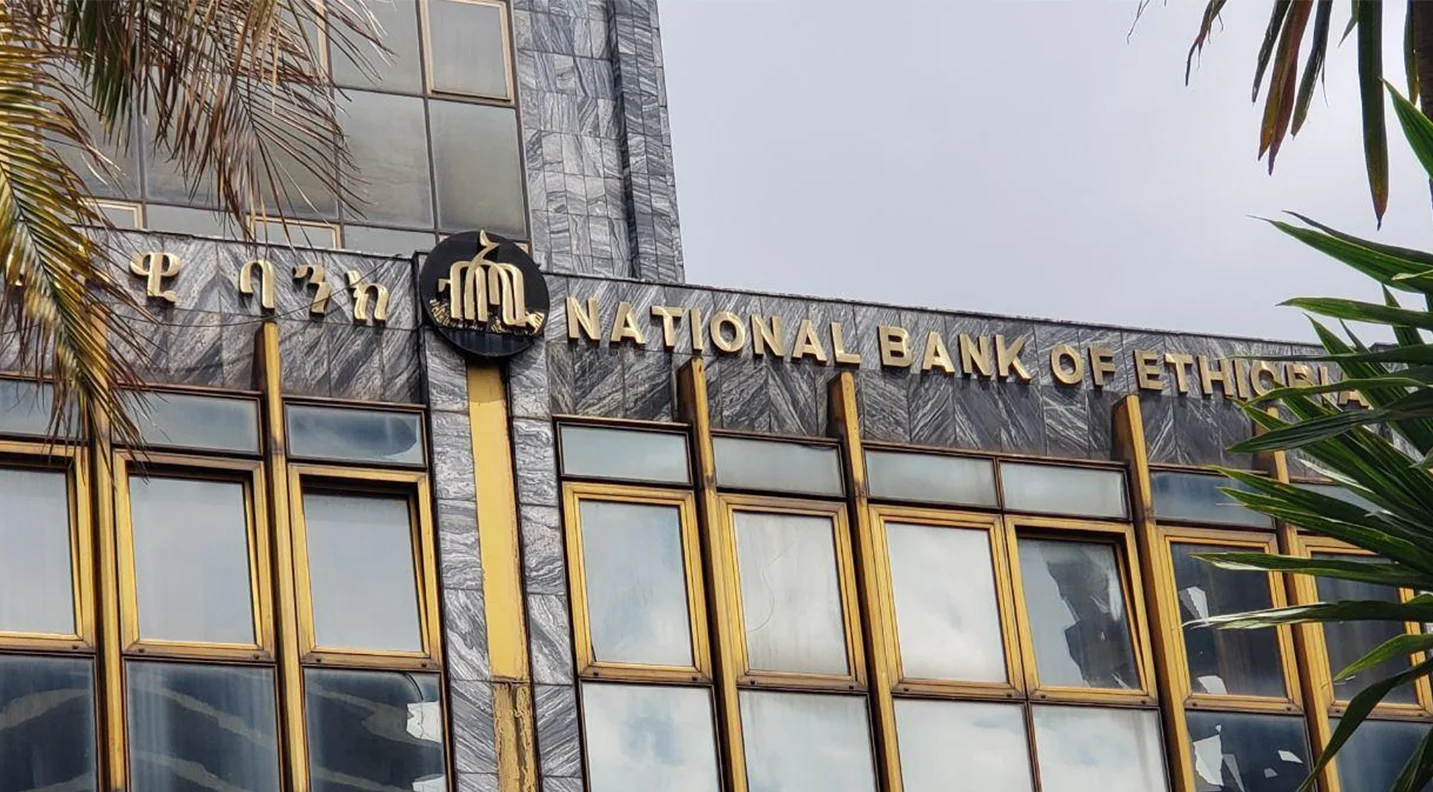Ethiopia implements bi-weekly forex auctions amid surging reserves

The National Bank of Ethiopia (NBE) has introduced bi-weekly foreign exchange auctions in a move aimed at channeling accumulated reserves to the private sector.
The auctions, which will run until at least the end of the current fiscal year, are part of broader economic reforms.
The shift to bi-weekly auctions follows the adoption of a market-based exchange rate system that replaced the previous crawling peg mechanism on July 28, 2024.
This change is intended to address economic imbalances and improve the availability of foreign currency.
NBE Governor Mamo Mihretu said the reform has led to an increase in foreign currency inflows and a surge in the bank’s reserves.
“In the nine months since July, foreign exchange reserves have grown by 200 percent. With three months remaining in the current fiscal year, the plan has been achieved. Despite this progress, challenges remain in managing foreign currency, impacting businesses, banks, and the general public,” Mamo stated.
“Some uncertainties have been observed, and it has been deemed timely to address and rectify these issues.”
The decision to implement bi-weekly auctions was reached following discussions between NBE regulators and commercial bank executives on March 31, 2025.
These talks focused on foreign currency management, and new directives were issued to strengthen regulatory enforcement and improve operational efficiency.
Mamo also revealed that an agreement had been made to adjust commission fees and service charges imposed by banks to ensure better access to foreign currency for businesses.
Reports from October 2024 indicated that businesses struggled to access allocated foreign currency, particularly when securing Letters of Credit (LCs).
Delays in decision-making and procedural inefficiencies had been a growing concern among importers seeking financial support.
The introduction of bi-weekly auctions marks a step towards addressing these challenges and stabilizing the foreign exchange market.
While the measure aims to ease access to forex, its long-term impact on businesses and consumers remains to be seen.
